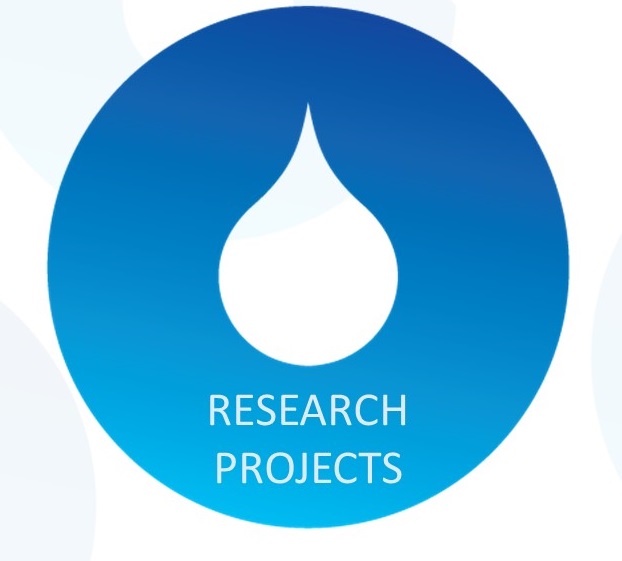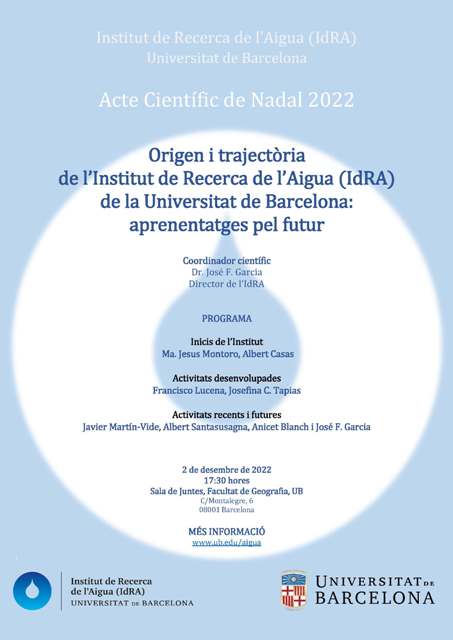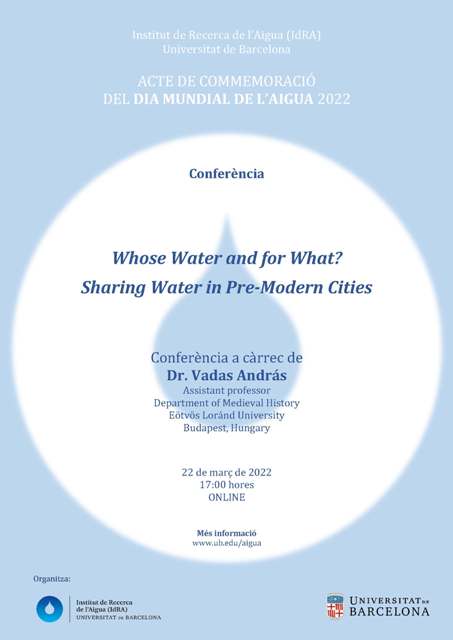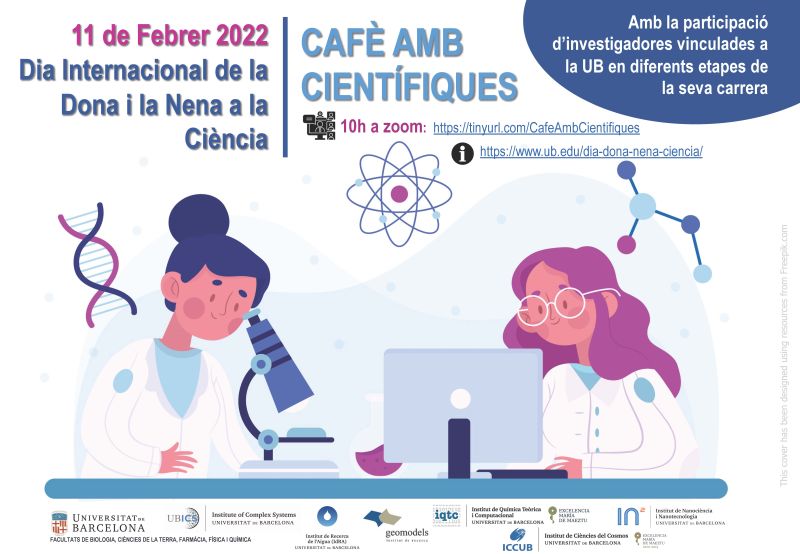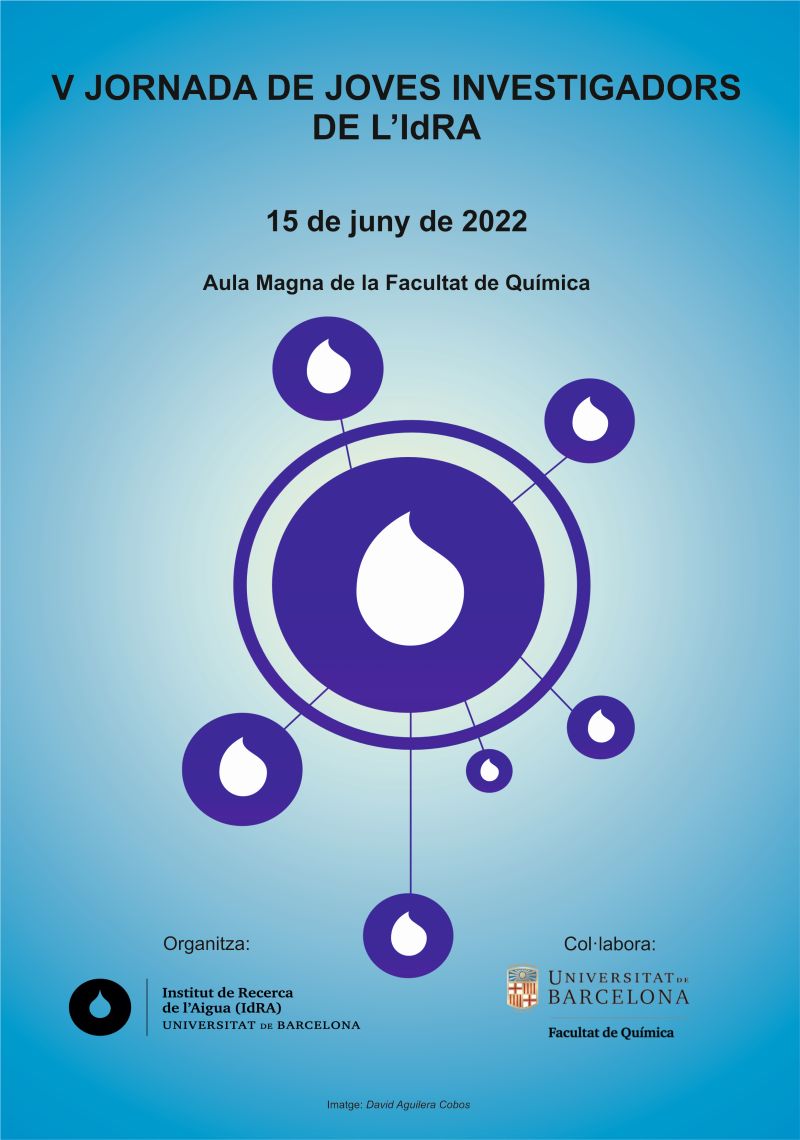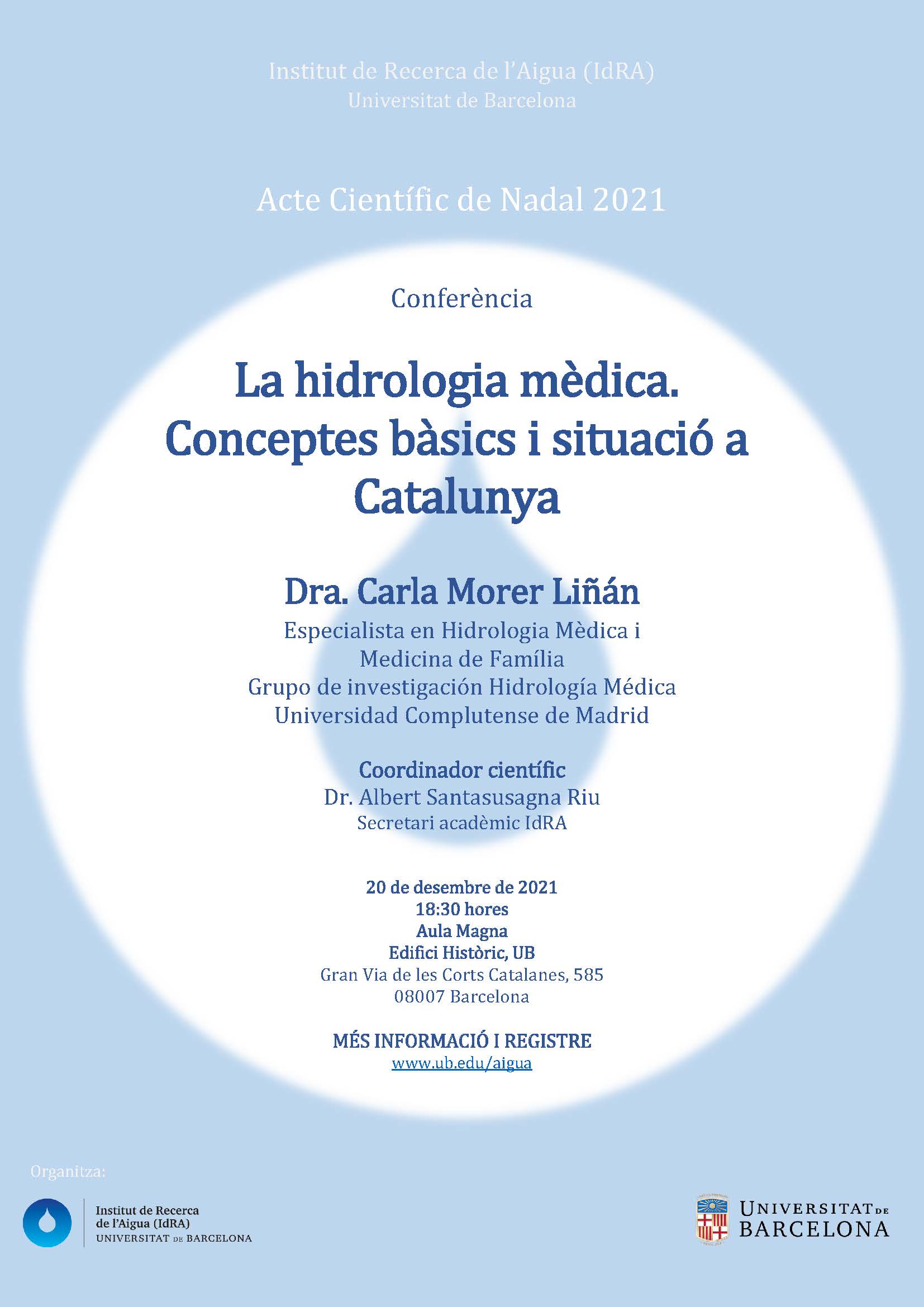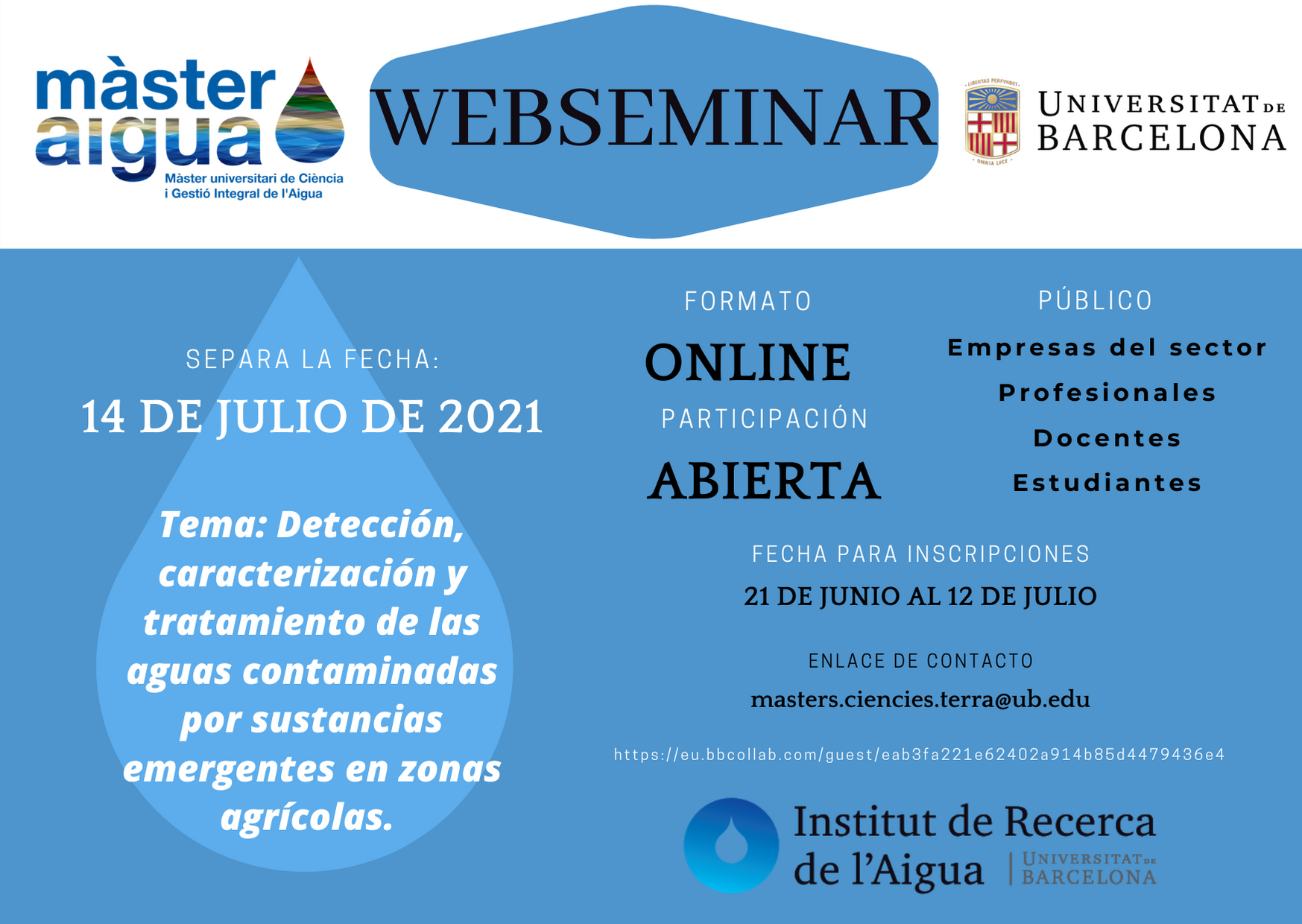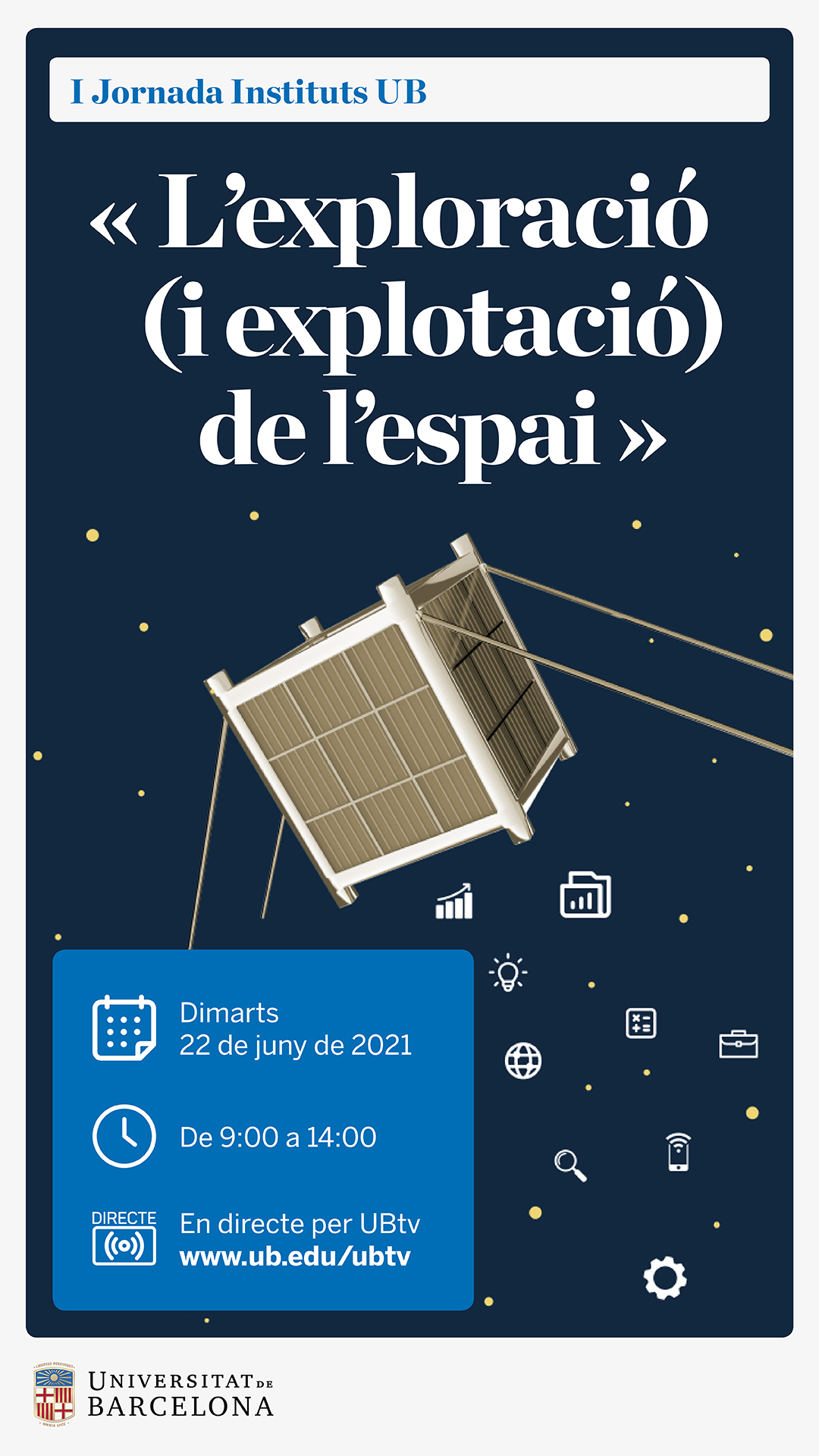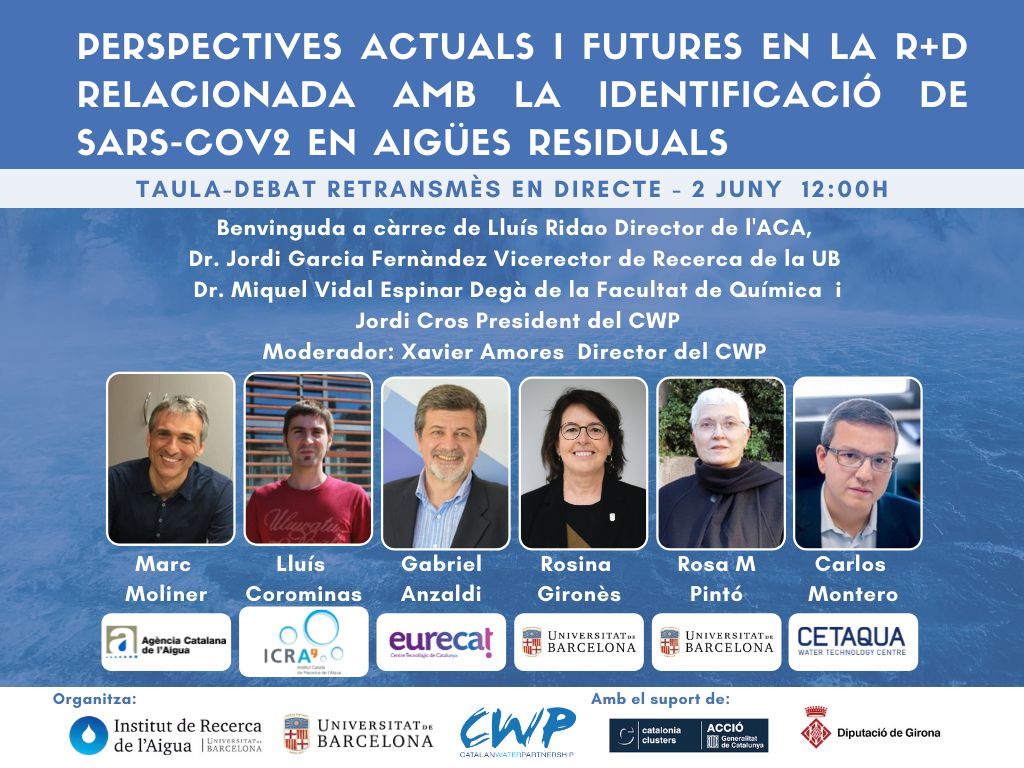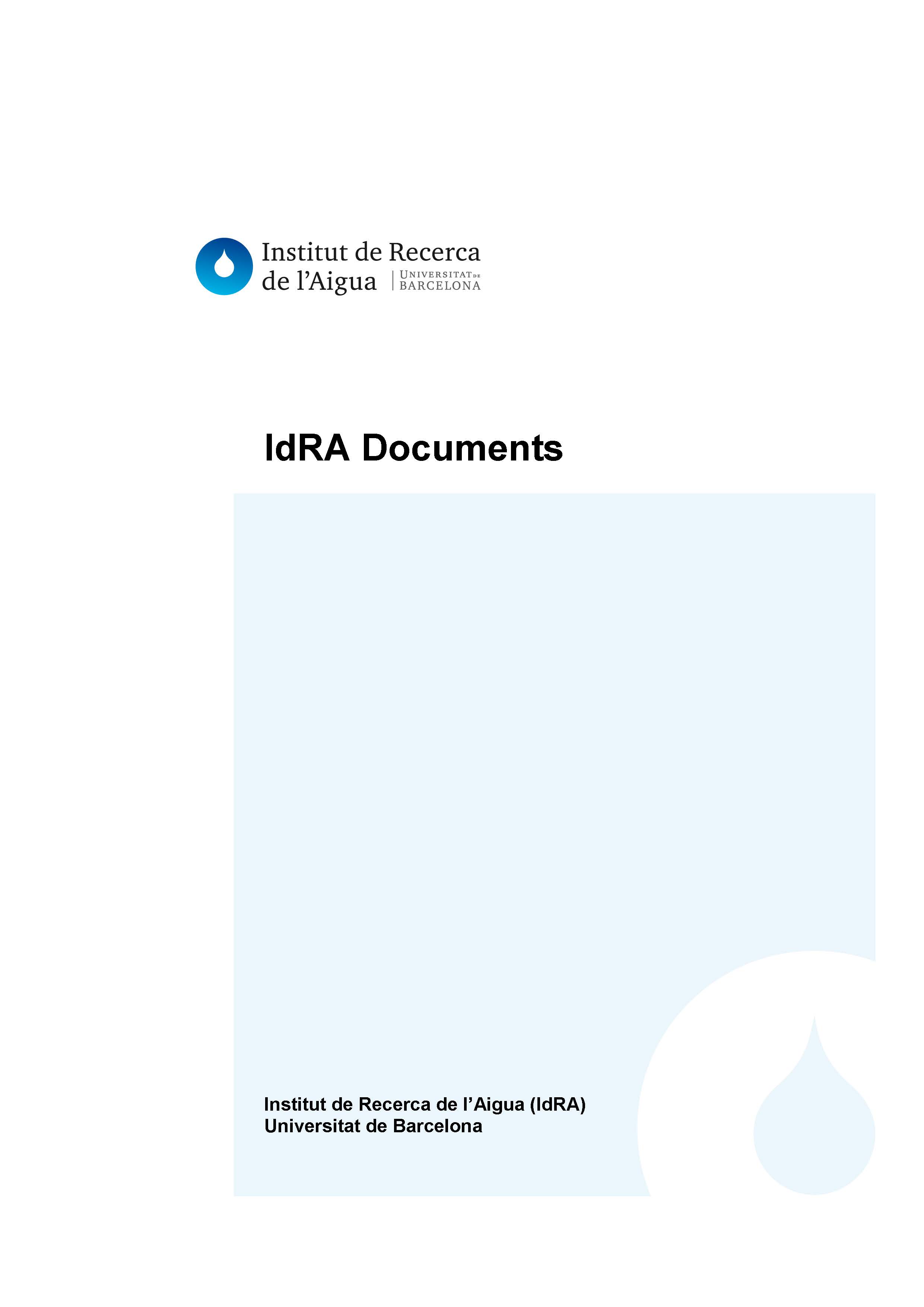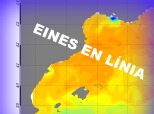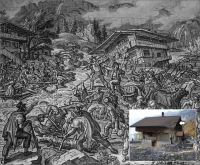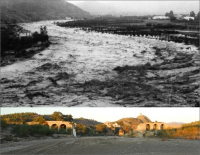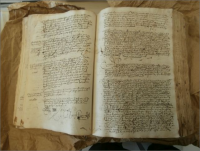An international research project coordinated by the Vienna University of Technology (TU Wien), with participation from researchers of the University of Barcelona, shows for the first time that flood pattern over the last decades in Europe have changed compared to past centuries. The study, published in the journal Nature, concludes we are in one of the most flood-rich periods in Europe from the last five hundred years.
The study shows that, within the last half of the millennium, the last three decades are among the most important periods regarding frequency and magnitude of floods in Europe. Also, during these three decades, distribution of the floods have changed, as well as the temperature of the air and flood seasonality, with a higher percentage of floods in summer. Regarding the temperature of the air, from 1500 to 1900, floods used to take place with higher frequency during cold climate phases, while after 1990, floods increased within the context of global warming.
The data analysis identified nine periods of floods that were more abundant and the associated regions. Among the most notable periods are 1560-1580 (western and central Europe), 1760-1800 (most part of Europe), 1840-1870 (western and southern Europe), and 1990-2016 (western and central Europe). According to the analysis, the current phase is the third most severe regarding floods. However, this data is at the expense of the duration of the current phase of abundant floods, to be concluded. Now, floods cause annual damages accounting for more than 100,000 million euros, and the general tendency of abundant floods is increasing.
Historical data from half a millennium
The international study, coordinated by Günter Blöschl, director of the Institute of Hydraulic Engineering and Water Resources Management in TU Wien, counts on the participation of thirty-four research groups from all over Europe, among which are also researchers of the National Museum of Natural Sciences (CSIC Madrid) and the University of Almería (UAL).
In the study, researchers analysed thousands of historical documents with direct and contemporary information on flood episodes in Europe from 1500 to 2016. Research teams of the University of Barcelona, CSIC and the University of Almería provided historical data from Spain and a part of the series in Switzerland. Both countries have detailed records in the European context.
Mariano Barriendos, researcher at the Department of History and Archaeology of the UB, together with Andrea Kiss (TU Wien), note that “the special challenge of this study was to compare sources and texts that were very different from others from other centuries and cultural regions”. They put those texts in their historical context with deep attention to details and a cross-check between episodes of different kinds of documents, places and basins. For instance, the case of data in the Spanish Mediterranean watershed, this check included 4,500 flood cases.
Differences in current river floods
“In our previous studies, especially those focused on alpine basins with glacial presence, we knew there was a high number of flood periods in the past that coincided with cold climate abnormalities”, notes Professor Lothar Schulte, coordinator of the Consolidated Research Group on Paleoecology, Natural Risks and Environmental Management (PaleoRisk) at the Department of Geography of the UB. The comparison with air temperature reconstructions in all Europe could verify that the most notable historical flood periods were colder than intermediate phases.
These results seem to contradict the observation which states that in some areas, such as northern-eastern Europe, the recent warm weather is aligned with severe floods. “Our study shows for the first time that underlying mechanisms have changed: while in the past, floods took place more frequently in colder conditions, the opposite is what happens now”, notes Professor Maria del Carme Lasat, coordinator of the Consolidated Research Group on Meteorology at the Department of Applied Physics of the UB. “The hydrological conditions of the present are very different from those in the past”, adds Fernando Sánchez Rodrigo, physicist at the University of Almería. “The co-variability of temperatures and rainfall, and their modifications, as well as the intensification or weakness due to atmospheric dynamics, can be key aspects to understand those processes”, continues the expert.
The seasonality of floods within the year has changed as well. Previously, the 41% of floods in central Europe took place in summer, compared to the nowadays’ 55%. These shifts are related to changes in rainfall, evaporation and snowmelt, and are an important indicator to distinguish between the role of climate change and other control factors such as deforestation and river management.
These results have been obtained thanks to a new databased compiled by the authors of the study, which includes the exact dating of almost all flood episodes recorded in documentary and bibliographical sources. Gerardo Benito, research professor of Earth Sciences of the CSIC, notes that this database is a direct evidence of the level of floods during periods of climate crisis, with a high potential for risk studies. The new study is the first to assess historical periods of floods for a whole continent with such detail during the last five hundred years.
Better data, better forecasts
Due to the change in flood generating mechanisms, Günter Blöschl advocates the use of tools to assess the risk of floods that capture the physical processes involved, and management strategies that can incorporate recent changes in the risk analysis. The team of authors highlights that the management of floods should adapt to these new realities because, regardless of the necessary efforts to mitigate climate change, the effects of this phenomenon will take place during the coming decades.
Link to the video.
Blöschl, G., Kiss, A., Viglione, A. et al. Current European flood-rich period exceptional compared with past 500 years. Nature 583, 560–566 (2020). https://doi.org/10.1038/s41586-020-2478-3
REFERENCES
Nature
https://www.nature.com/articles/d41586-020-02138-2
News UB
https://www.ub.edu/web/ub/en/menu_eines/noticies/2020/07/038.html
Other links
https://www.lavanguardia.com/vida/20200722/482469214482/la-ub-participa-en-un-estudio-sobre-inundaciones-publicado-en-revista-nature.html
https://www.iagua.es/noticias/universitat-barcelona/europa-ha-sufrido-ultimos-30-anos-mayor-numero-inundaciones-cinco
RESEARCHERS UB and OTHER SPANISH CENTERS RESERCHERS
University of Barcelona
Dr. Lothar Schulte
University Professor and ICREA Academia Researcher
Coordinator of the Grupo de Investigación Consolidado Paleoecología, Riesgos naturales y Gestión ambiental (SGR 1106)
Co-leader of the PAGES Floods Working Group, http://pastglobalchanges.org/science/wg/floods/people
Departament of Geography
Faculty of Geography and History
University of Barcelona
C/ Montalegre, 6
08001 Barcelona
E-mail: schulte@ub.edu
Dr. Mariano Barriendos Vallve
Professor Agregat, Researcher Grupo de Investigación Consolidado Paleoecología, Riesgos naturales y Gestión ambiental (SGR 1106)
Member of the PAGES Floods Working Group
Departament of History and Archaeology
Faculty of Geography and History
University of Barcelona
C/ Montalegre, 6
08001 Barcelona
E-mail: mbarriendos@ub.edu
Dra. Maria del Carmen Llasat Botija
University Professor
Coordinator Grupo de Investigación Consolidado de Meteorología (SGR 651)
Departament de Applied Physics
Facylty of Physics
University of Barcelona
C/Martí i Franquès, 1
08028 Barcelona
E-mail: mcarmenllasatb@ub.edu
Other Centers
Dr. Gerardo Benito
Profesor de investigación
Member of the PAGES Floods Working Group
Museo Nacional de Ciencias Naturales CSIC-Madrid
Departamento de Geología
C/Serrano 115bis
28034 Madrid
E-mail: benito@mncn.csic.es
Dr. Fernando Sánchez Rodrigo
Profesor Titular de Universidad
Member of the PAGES Floods Working Group
Departamento de Química y Física
Universidad de Almería, Edificio Científico Técnico II - A
Carretera Sacramento s/n
04120 La Cañada de San Urbano
Almería
E-mail: frodrigo@ual.es







